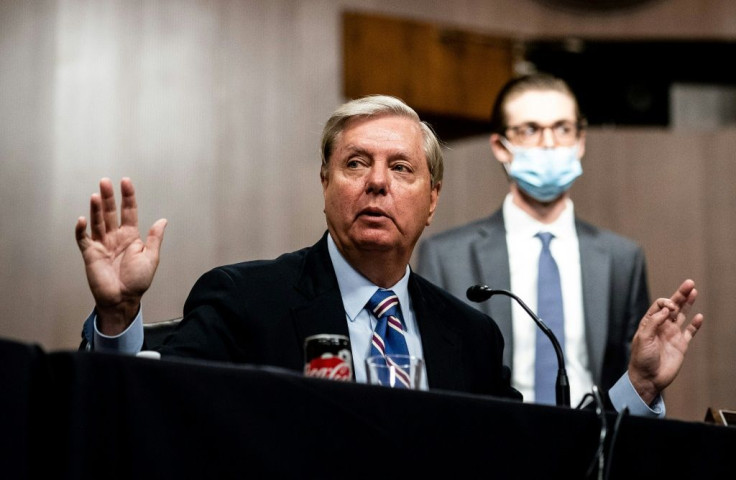US Senate Panel OKs Online Child Protection Bill Amid Privacy Fears
A US Senate panel Thursday approved legislation aimed at combatting online child exploitation as civil liberties activists warned the measure could lead to an array of constitutional and privacy problems.
The Judiciary Committee voted to approve a revised version of the Earn It Act which would eliminate "blanket liability protection" for online platforms which fail to protect against child sexual abuse material.
The bill, which needs approval by the full Senate and House of Representatives, is among the first to chip away at the liability shield for internet services -- under a law known as Section 230 -- which has come under renewed scrutiny in recent months.
Backers of the bill say it would provide incentives to crack down on online child abuse and exploitation, but critics say it could shut down constitutionally protected free speech and open up online firms to endless litigation.
"To all the victim groups and law enforcement entities urging Congress to do something about the scourge of child sexual abuse material and the exploitation of children on the internet, the committee heard you and acted decisively," said Senator Lindsey Graham, who chairs the panel.
The panel made a last-minute revision taking out an earlier proposal which would have required online platforms to enable law enforcement access to encrypted materials or face losing any liability protection.

But civil liberties activists said the measure still imperils online safety by calling for a commission to set "best practices," which could lead to a weakening of encryption used to secure internet communications.
The bill "sets the stage for judges across the country to apply scores of different legal standards to intermediaries' content moderation and security practices," said Emma Llanso of the Center for Democracy and Technology.
"We know from decades of experience that threats of litigation lead website operators and other intermediaries to censor speech and shutter services."
Matt Schruers, president of the Computer and Communications Industry Association, a trade group, said the measure is likely to be counterproductive.
"Exposing private companies to liability for their efforts to identify, remove, and turn over unlawful content to law enforcement works against the very goal of the legislation," Schruers said in a statement.
Bertram Lee of the consumer group Public Knowledge said the bill "represents a major change to platform liability law," and "would make it effectively impossible for platforms to offer general-purpose, end-to-end encryption to consumers."
© Copyright AFP 2024. All rights reserved.





















